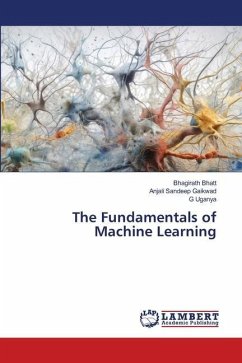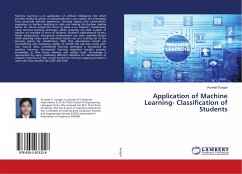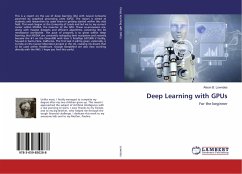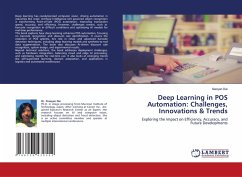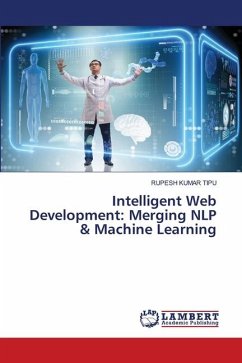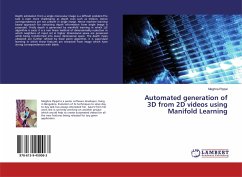
E-LEARNING
STUDENT'S ATTITUDE TOWARDS E-LEARNING IN RELATION TO COMPUTER SELF-EFFICACY AND ANXIETY
Versandkostenfrei!
Versandfertig in 6-10 Tagen
52,99 €
inkl. MwSt.

PAYBACK Punkte
26 °P sammeln!
E-learning has become popular amongst educationistsbecause of the inherent strengths and advantages itprovides to the instructional process. However,universities have been slow to bring e-learning intothe main stream and maximize the potential benefitsin the classroom. Many students may lack thenecessary skills to use e-learning effectively andare therefore handicapped . Yet colleges anduniversities continue to invest large sums of moneyin automation and electronic communicationfacilities. The study of student s attitude towardse-learning can in many ways help managers betterprepare in light o...
E-learning has become popular amongst educationistsbecause of the inherent strengths and advantages itprovides to the instructional process. However,universities have been slow to bring e-learning intothe main stream and maximize the potential benefitsin the classroom. Many students may lack thenecessary skills to use e-learning effectively andare therefore handicapped . Yet colleges anduniversities continue to invest large sums of moneyin automation and electronic communicationfacilities. The study of student s attitude towardse-learning can in many ways help managers betterprepare in light of e-learning for the future. On theother hand , attitudes towards computer knowledgeassociated with a concept known as computer self efficacy and computer anxiety. This book , therefore, provides a beneficial tool to study students'attitude towards e-learning through different lensesof variables . Moreover , The effect of computerself-efficacy and anxiety on students' attitudetoward e-learning are studied .



